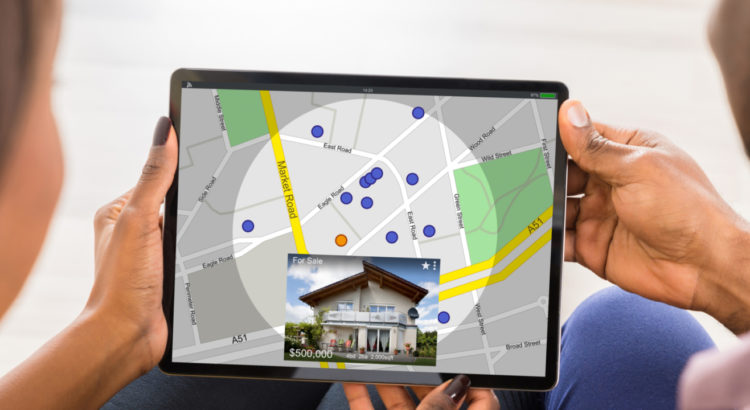The booming COVID-19 housing market may have been a windfall for many homeowners and Realtors, but for iBuyers, not so much.
According to a recent analysis conducted by Redfin, in the third quarter of 2020, the nation’s top iBuyers purchased just 0.2% of homes that sold across the 418 U.S. metros tracked in the analysis. That’s down nearly 80% from a year earlier, as homeowners decided there was no need to sell at a discount with both demand and home prices at all-time highs.
“The hotter the market, the less attractive it is for home sellers to let an iBuying company take a cut of the sale,” said Redfin Lead Economist Taylor Marr in the report. “With home prices and demand surging, many sellers figure they can sell their home quickly without having to give away any of their profits.”
The Redfin analysis of MLS and public records data identified home purchases and sales made by well-known national iBuyers, including RedfinNow, Opendoor, Zillow and Offerpad, all of which instituted a temporary shutdown early on in the pandemic in an effort to minimize unsold inventory on their balance sheets. Ironically, it was at a time when consumers could have used the instant cash and certainty of an iBuyer.
While iBuyer purchases did increase from the second quarter, when iBuyers only bought about 800 homes, the decision to shut down during the pandemic has left iBuyers scrambling to attract homeowners who want to sell at a discount during a red-hot market.
“We’re still playing catch up from the spring, when we stopped buying homes for a few months,” said RedfinNow Asset Manager Sabrina Archolecas in the report. “We’re working on building up the inventory of homes that we can sell.”
This is not the first, or the only, way that the pandemic has affected buying preferences. For now, iBuyers like RedfinNow are focused on purchasing homes owned by families who don’t have time to do renovations themselves and need to sell quickly so they can buy their next home, Archolecas said.
Nationally, iBuyer-owned homes sold more quickly than non-iBuyer homes in the third quarter, with a median market time of 13 days, compared to 33 days for non-iBuyer homes.
But a quick sale at a discounted price only addresses the needs of a small segment of the market. Ironically, while iBuyers are well-positioned to serve customers seeking contactless transactions, the pandemic has revealed an inherent weakness in the iBuyer model.


